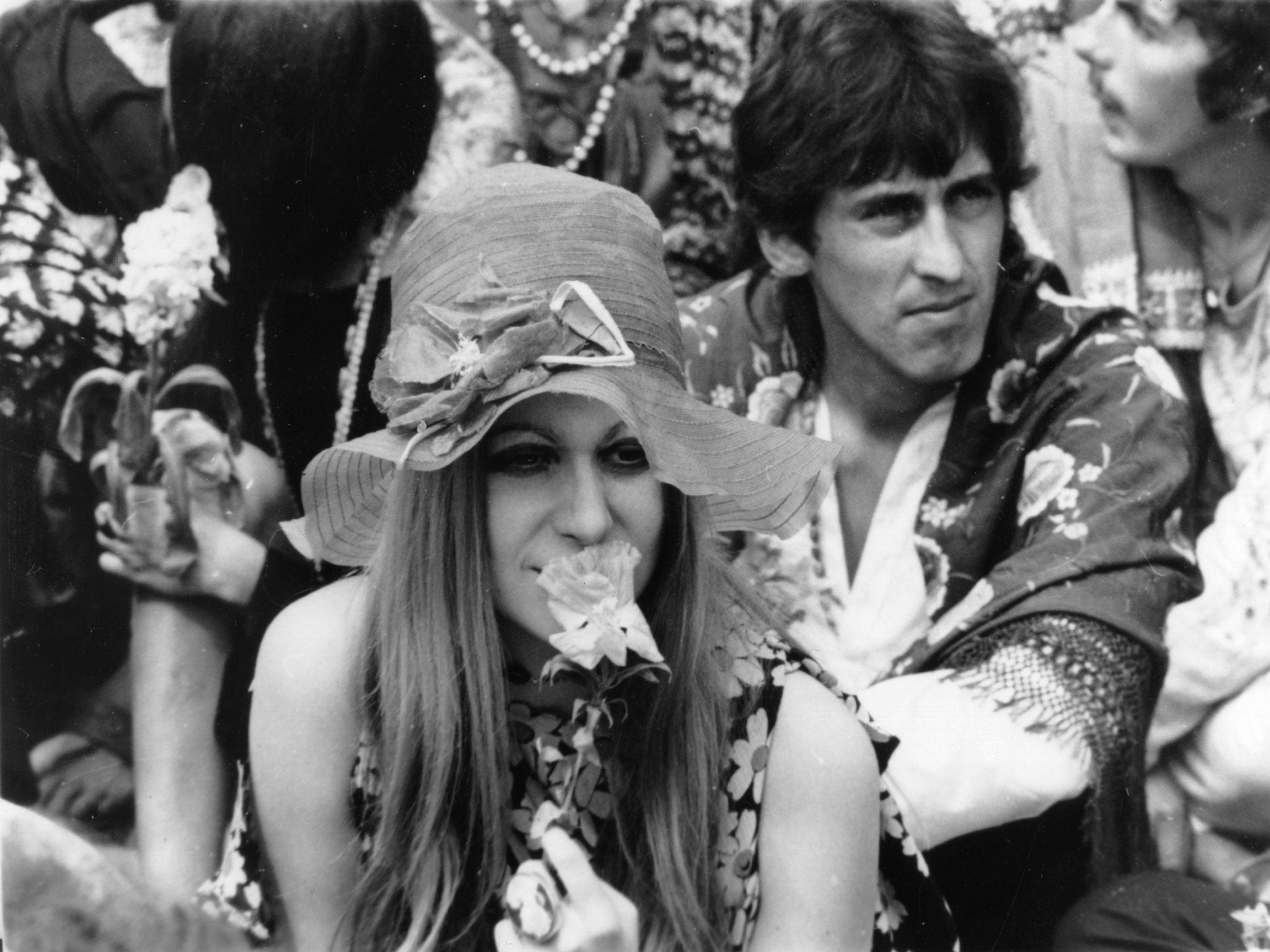Everything bad in the world today is the fault of the 1960s
The root of all evil can be traced back to that degenerate generation

In a closing-time interview, the departing Chief Rabbi, Jonathan Sacks, has joined the ranks of a mighty throng of politicians and commentators, past and present. Like Tony Blair, Mary Whitehouse, Margaret Thatcher and virtually every Daily Mail columnist from Lynda Lee-Potter to Melanie Phillips, he has identified a contemporary problem and has placed the blame squarely where it belongs – on the 1960s.
It was in those years, says Lord Sacks, that the institution of marriage went into decline. “We were there in that revolution and at the time it seemed to be ‘all you need is love’ and nothing else.” The result 50 years later is “an entirely new kind of child poverty that has a lot to do with single-parent families.”
The charge list against the Sixties is getting longer. It was then, we have been told, that Britain became sexually incontinent, too relaxed about drugs, undisciplined, lazy and shiftless, over-dependant on welfare, disrespectful of authority, politically alienated, hopeless at bringing up children, and so on.
For any major thinker in need of an easy, Sixties-related answer to questions about today’s social ills, here are a few more 21st-century disasters which can be safely blamed on the forever-young generation.
The obesity time bomb
It all seemed so innocent at the time. The decade opened with a popular TV series about the self-confessed “fat owl of the Remove”, Billy Bunter. Soon it became “groovy” to be overweight. The novelist Kingsley Amis wrote One Fat Englishman. Records by Chubby Checker and Fats Domino were all the rage. A man-mountain called Demis Roussos appeared on Top of the Pops. By the close of the decade, the time bomb was ticking.
Labradoodles
“All we need is a great big melting pot,” sang the group Blue Mink, offering what they called “a recipe for a get-along scene”. It was a typically thoughtless message from the I-can’t-get-no-satisfaction generation. Dog owners across the country decided to create their own melting pot, mindlessly experimenting with the interbreeding of exotic generations and setting up problems of canine welfare for the early 21st century.
Loss of national identity Apologists for the twist-and-shout generation like to blame Edward Heath for the adulteration of our culture caused by our joining the Common Market in 1973. In fact, the process started six years earlier with the victory of bare-footed chanteuse Sandie Shaw with “Puppet on a String” in the Eurovision Song Contest, and the obsession with all things continental was accelerated by another triumph by the deceptively innocent “Boom Bang-a-Bang” two years later. After that, the rush towards Europe was irreversible.
The booze culture.
When Sean Connery asked for a Martini in the first James Bond film, Dr No, he unleashed a national weakness for liquor which over the years has deepened into a crisis. For a while, drinking was just another way in which the hippy-hippy-shake generation could “do its thing” but, as was often the often with the Sixties, what first appeared to be harmless fun soon developed into a dangerous addiction.
Fifty Shades of Grey
When did sex become complicated, an activity which involves equipment, unpleasant language and “safe words”? You hardly need to ask. As soon as Diana Rigg appeared as the beautiful, leather-clad enforcer of The Avengers, millions of vulnerable young people developed an interest in sado-masochistic practices which had previously only been enjoyed by a small number of public schoolboys.
All you need is love?
In 2013, we recognise the dangerous naivety of that ridiculous claim but, tragically for their children and grandchildren, those hippy idiots 50 years ago were too busy letting it all hang out to pay attention to the consequences. What a tragedy it was that laudable values of the Fifties were swept aside by the hedonism of the I-feel-fine generation.
Funny, yes, but scarcely daring, surely?
It is the time of the year when great claims are being made for daring and subversive comedy acts on radio, TV and on the stand-up circuit. Zany new satirical quiz shows are being promoted. The Edinburgh Fringe has announced its award winners.
More often than not, though, the comedy on offer is playing to its audiences’ comfortably liberal views. On Rory Bremner’s latest show The One Question Quiz, there was a running joke about the awfulness of bankers, and how they deserved to die. In a press interview, Bremner boldly attacked Tony Blair’s role in the Middle East.
Meanwhile, on the Fringe, the big prizes have gone to female comedians who have taken a feminist line – laughing at the everyday misogyny of sports commentators, for example. It is quite a breakthrough in stand-up, apparently.
The mockery is in the right direction, of course, and it makes those laughing along feel good about themselves and their attitudes. But is it really so brave?

Join our commenting forum
Join thought-provoking conversations, follow other Independent readers and see their replies